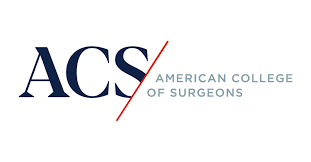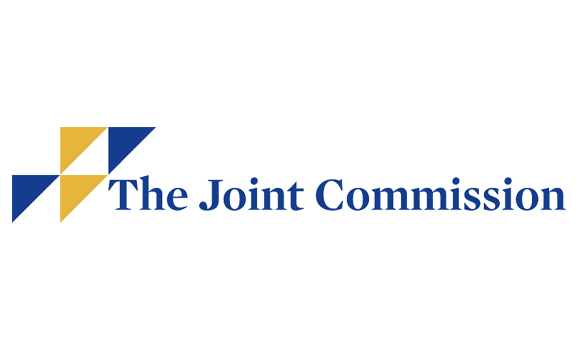 Safety/Quality
Safety/Quality
Surgical patients see better outcomes but face longer hospital stays, AHA and Vizient report finds

Editor's Note Hospitalized surgical patients in 2024 were nearly 20% more likely to survive than expected compared to 2019, according to an August 5 analysis from the American Hospital Association (AHA) and Vizient. The report credits safety improvements such as reductions in infections, falls, and major complications, even as surgical…
FDA flags device recalls while clearing new technologies for surgery, critical care

Editor's Note The Food and Drug Administration (FDA) has issued multiple high-risk medical device recalls in recent weeks, mid-September FDA announcements report. On August 21, Medline alerted customers that some of its convenience kits contain recalled Medtronic DLP Left Heart Vent Catheters. These catheters, used in cardiopulmonary bypass, may fail…
From checklists to culture: Practical steps for leaders to strengthen OR safety

The OR has a planned rhythm that relies on training, checklists, and teamwork to turn the complex surgical environment into an elegant orchestration that keeps patients safe. But efficiency and a climate of safety do not just happen—they depend on culture. When teams communicate openly, follow standards consistently, and feel…
AHA study: HOPD Medicare patients are poorer, sicker, more rural than those seen in physician offices

Editor's Note Medicare patients treated in hospital outpatient departments (HOPDs) present with greater socioeconomic and clinical complexity than peers seen in independent physician offices, including higher prior emergency department (ED) visits and inpatient use. According to an American Hospital Association (AHA) study conducted by KNG Health Consulting and published on…
ACS, Lifesaving Technologies launch nationwide effort to expand bleeding control readiness

Editor's Note The American College of Surgeons (ACS) has partnered with Lifesaving Technologies to expand access to emergency response equipment and training across the US, the ACS announced on September 3. The collaboration builds on the ACS Stop the Bleed program, which has already trained more than 5 million people…
Minimally invasive ICH surgery evacuates clot fast but fails to improve 6-month outcomes

Editor's Note Minimally invasive surgery (MIS) with the Artemis Neuro Evacuation Device reduced hematoma volume efficiently and lowered serious adverse events but did not improve long-term disability or mortality compared with medical management in spontaneous supratentorial intracerebral hemorrhage (ICH), JAMA Neurology September 2 reports. The “MIND randomized clinical trial” enrolled…
Rural hospitals face crisis under OBBBA as experts call for cohesive reform

Editor's Note The One Big Beautiful Bill Act (OBBBA) is set to reshape rural healthcare in ways that could destabilize already fragile systems. According to a September 3 JAMA Network article, the law is set to reduce federal Medicaid spending by more than $900 billion over 10 years, cuts that…
AMA urges health systems to act now on AI governance

Editor's Note Artificial intelligence use in healthcare is accelerating, and the American Medical Association (AMA) is pressing health systems to establish clear governance policies before the technology outpaces oversight. Nearly 70% of physicians reported using artificial intelligence tools in 2024, a sharp rise from 38% in 2023, AMA News Wire…
Suicide Prevention Month: Hospitals prepare for new The Joint Commission suicide prevention goal, effective 2026

Editor's Note Hospitals will soon face stronger accountability for suicide prevention, as The Joint Commission prepares to implement “National Performance Goal (NPG) 8” on January 1, 2026, its September 3 news update reports. The goal, titled “The hospital reduces the risk for suicide,” replaces current requirements under “National Patient Safety…
Gait retraining eases knee osteoarthritis pain as effectively as medication, can delay knee surgery

Editor's Note A simple adjustment to walking style can relieve osteoarthritis pain as well as medication and may delay the need for knee surgery, according to a year-long clinical trial published in The Lancet Rheumatology and covered by The Independent on August 18. As detailed in the article, University of…

 Free Daily News
Free Daily News